The Iowa Board of Regents received a progress report at its meeting Thursday from university presidents on action taken and response regarding the 10 diversity, equity and inclusion directives administered in November.
DEI directive updates
Thursday’s meeting included a progress report from President Wendy Wintersteen on the status of directive implementation at Iowa State regarding work from the focus group of senior leaders.
Directive one: Restructure the central DEI office
As a result of directive one, Wintersteen said Iowa State has decided the vice president for diversity, equity and inclusion office (VP DEI) will close in July.
The university will also eliminate five positions, three of which are vacant and two currently filled, which Wintersteen said would eliminate $789,000 in salaries and benefits.
“This office was established back in 2015, but at this time, we don’t feel that we can meet directive one without closing the central vice president for diversity equity and inclusion office,” Wintersteen said. “So, we’re in the process of completing a written reorganization to eliminate these positions in accordance with our policy, and our staff have been given a 90-day notice and they will work with the University HR through this process.”
Wintersteen said the VP DEI budget has been reallocated to “university priorities.”
Directive two: Review all DEI-specific positions
Wintersteen’s presentation stated that Iowa State had completed a review of positions to ensure responsibilities are necessary for compliance, whether accreditation or student and employee support services and completed a review of business titles to ensure they appropriately reflect position responsibilities. Where necessary, updates are being made.
Wintersteen said she thinks it is important to recognize that under directive two, there is an opportunity to look at important functions relative to accreditation and student and employee support services.
“We have a number of very important programs units under our Division for Student Affairs, under our colleges that we feel are critical for accreditation and for students and employee support services,” Wintersteen said. “We have done a very good review of these positions that are found in those units, both [of] what their responsibilities are and their business titles and where appropriate updates are being made.”
According to Wintersteen, there may be a few additional steps to be taken, but university officials feel, for the most part, that they have done the work necessary under directive two.
Directive three: Review services, university promotional materials
In compliance with directive three, Wintersteen stated the university has completed a review of services provided by the offices supporting diversity, Multicultural Student Affairs and the Division of Student Affairs to ensure availability to all students.
Wintersteen said university officials feel they have done a comprehensive review of both websites and promotional materials “to make sure that everyone understands that all of our programs are available to all students,” which she also said would require an ongoing effort of monitoring university websites and promotional materials.
Directive Four (b): Employee evaluations, use of pronouns
The university issued a campus directive in January stating that students, faculty and staff may choose to, but are not required to, voluntarily disclose their pronouns to another individual.
In March, the Faculty Senate also approved an addition to a required syllabus statement, the free expression statement, effective beginning in the summer 2024 term. The addition includes the following statement: “No employee, student, applicant, or campus visitor is compelled to disclose their pronouns. Anyone may voluntarily disclose their own pronouns.”
“Beginning with the summer 2024 term, every syllabus and every course will include the statement, ‘No employee, student applicant or campus visitor is compelled to disclose their pronouns. Anyone may voluntarily disclose their own pronouns,’ so we feel that we have complied with directive four b,” Wintersteen said.
Directive six: Initiate a review of DEI-related general education categories and update category names
In March, the Faculty Senate approved a name change of the U.S. Diversity course requirement to U.S. Cultures and Communities to meet Regent directive requirements.
Wintersteen said this change will take effect with Iowa State’s 2024-25 university catalog and was made to “more accurately reflect the array of options available to students.”
Directive eight: Explore recruitment strategies for advancing diversity of intellectual and philosophical perspectives in faculty and staff
To comply with directive eight, Wintersteen said the university is advertising some job openings in publications that attract audiences with diverse intellectual and philosophical perspectives.
“One example: We advertised for a recently opened senior vice president and provost in the Wall Street Journal and The New York Times [to] try to get a spectrum of possibilities there,” Wintersteen said.
Directive nine: Establish a widespread initiative that includes opportunities for education and research on free speech and civic education
Wintersteen said a working group, composed of faculty and campus leaders, has been formed to develop a formal proposal for a widespread initiative on civic education for free speech centered in the College of Liberal Arts and Sciences. According to Wintersteen, work on this initiative will continue into the next academic year.
The University of Northern Iowa President Mark Nook said the university had developed a proposal for a center for civic education, which would offer resources on free speech and civic knowledge and use funds previously allocated toward DEI programs.
Wintersteen said Iowa State is in the process of developing a similar proposal.
Regarding directives four (a and b), five, seven and 10, Wintersteen said Iowa State is complying with the Board of Regents’ revisions to its policy manual, which were unanimously approved in February.
Other news
In comments following the presentations, Regent David Barker said the progress reports were the first the regents have seen of any DEI implementation at regent universities.
“It was five months ago that we put out the directives, and we’ve given no feedback and had no updates during that time,” Barker said. “That meant that we were unable to update legislators as well who had asked about the progress, and I believe that that is a reason why Senate File 2435 was passed.”
Senate File 2435 appropriates funds for the Iowa Board of Regents and the universities it governs, as well as the Iowa Department of Education and the Department for the Blind. The bill was sent to the governor’s desk April 19 with no debate.
“Senate File 2435 makes a lot of our directives irrelevant,” Barker said. “There’s a much broader definition of DEI in there. [A] much stronger enforcement comes from the Attorney General’s Office, prohibitions of money being spent from any source on these programs.”
Barker said he suggests the board begin working on compliance with the legislation right away, adding that he thinks it would be a good idea if the board can comply before the next legislative session opens.
University of Iowa President Barbara Wilson said while the law acknowledges the state and federal accreditation requirements regent universities must comply with, there is some recognition that the legislation is more complicated than it looks at first glance.
“While I wish, too, that we didn’t have laws in front of us and that the board directors would have been given more opportunity to unfold, I think we shouldn’t jump to conclude anything about whether we’re in compliance with the laws,” Wilson said.
Wilson said she thinks the most important thing to assure all taxpayers, legislators and regents is that the regents’ goal is to serve all students.
“We may have spent a little too much time focusing on particular categories and particular groups, in part because of historical challenges,” Wilson said. “So it made sense at the time, but we may have swung too far in one direction. And it’s time for us to balance things out and recognize that most of us bring multiple identities to the table.”
Past action
The board released a report in November on DEI programs at the three Regent universities, including the 10 directives, following a pause of new DEI initiatives in April 2023.
The report was compiled at the direction of the Iowa legislature via the passage of Iowa Senate File 560.
The directives include restructuring the central, university-wide DEI offices, restricting people from being “compelled to disclose their pronouns” and eliminating positions that are not “necessary for compliance, accreditation or student and employee support services.”
President Wendy Wintersteen established a campus focus group in December to help develop the university’s plan for addressing the recommendations, which consisted of 14 faculty, staff, students and administration. Additional feedback was provided by the Senior Vice President for Student Affairs’ student advisory council.












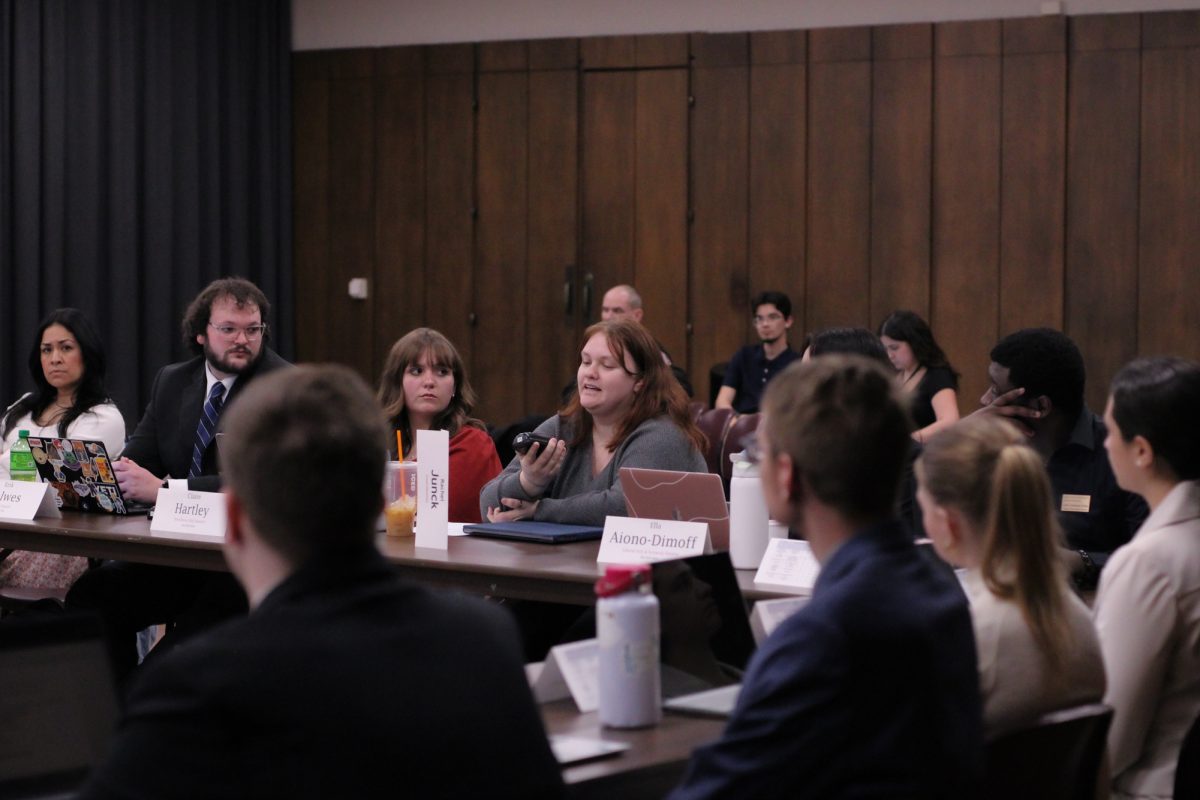


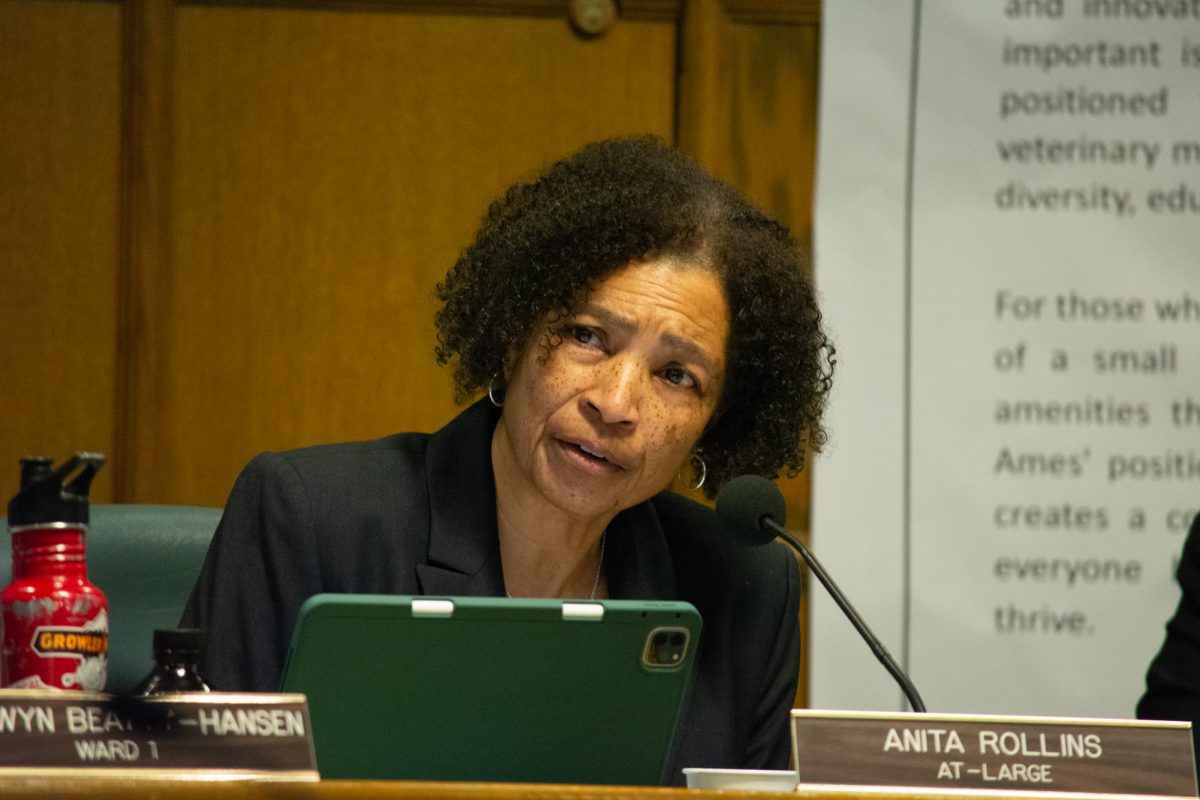
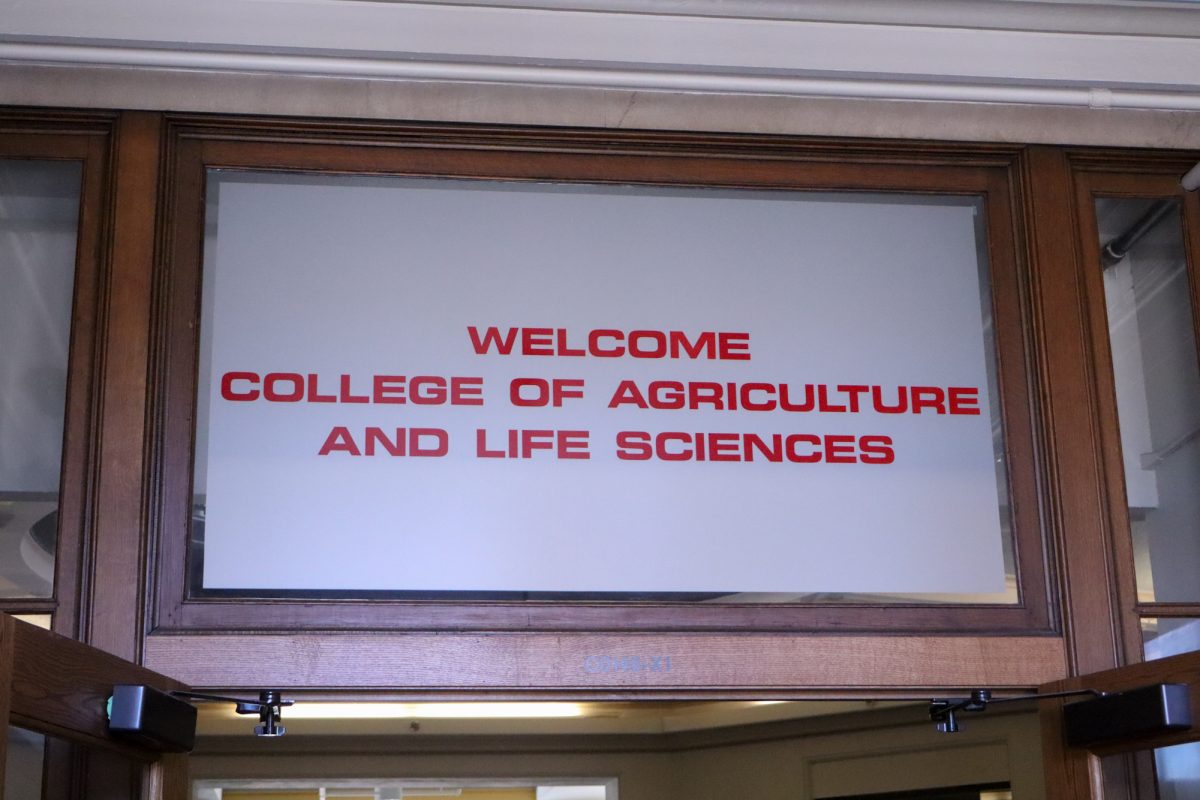
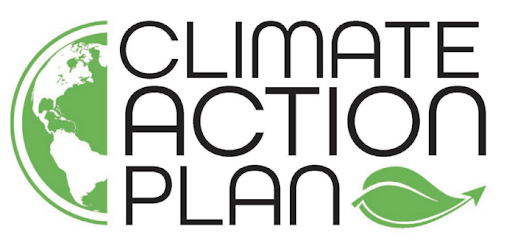

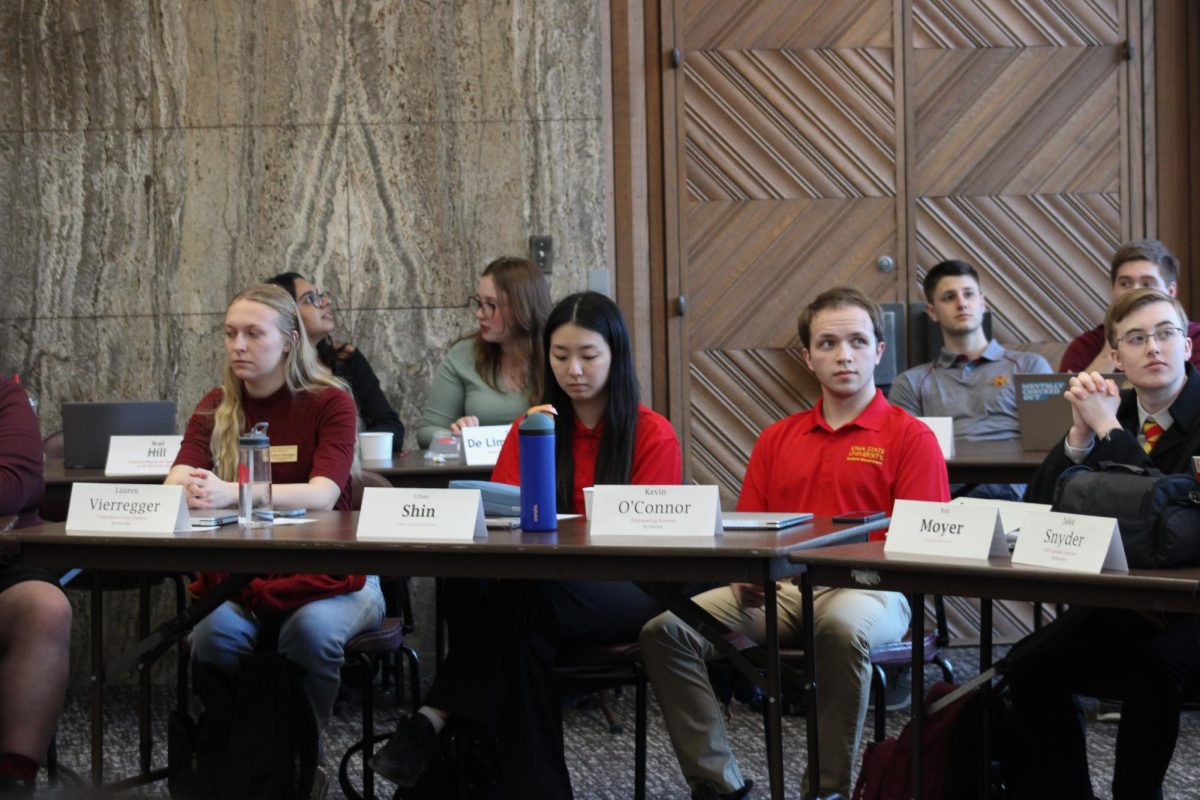
Joseph | Apr 27, 2024 at 5:50 am
Curious why you didn’t report on the president’s statement on wanting to create a comfortable environment for young white men on campus. Do DEI is bad but advocating for only young white men from rural Iowa is good?
Cody | Apr 28, 2024 at 8:43 pm
I was thinking the same thing. The Daily shouldn’t be afraid to hold people in power accountable, no matter who it is.
Agnostic Grammarian | Apr 26, 2024 at 8:22 am
No employee, student applicant or campus visitor is compelled to disclose their [programs].
I think y`all meant “pronouns”